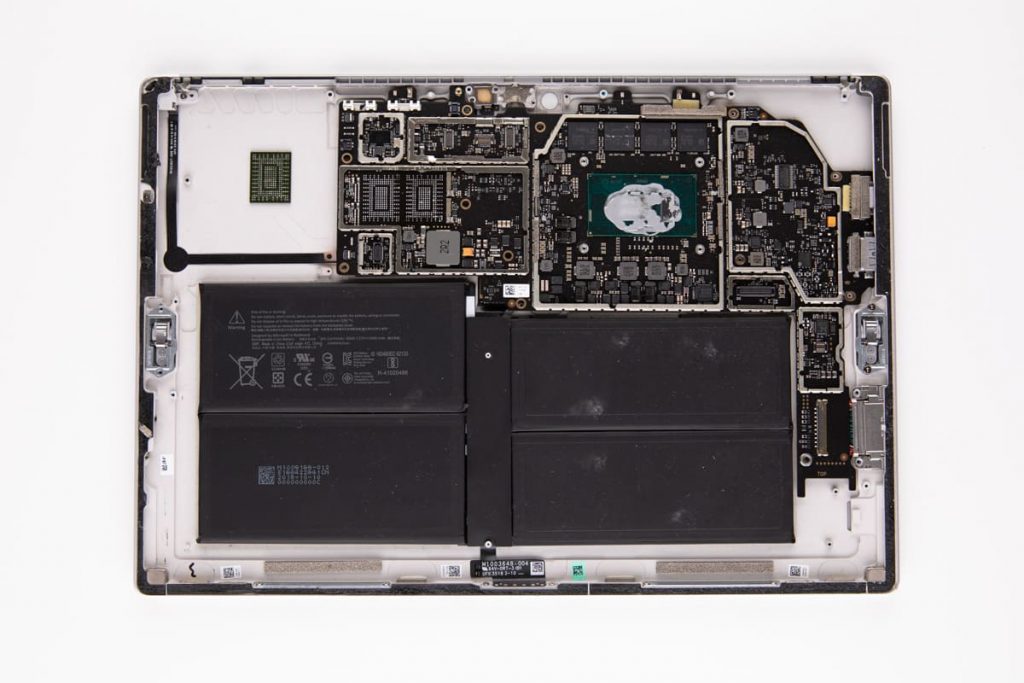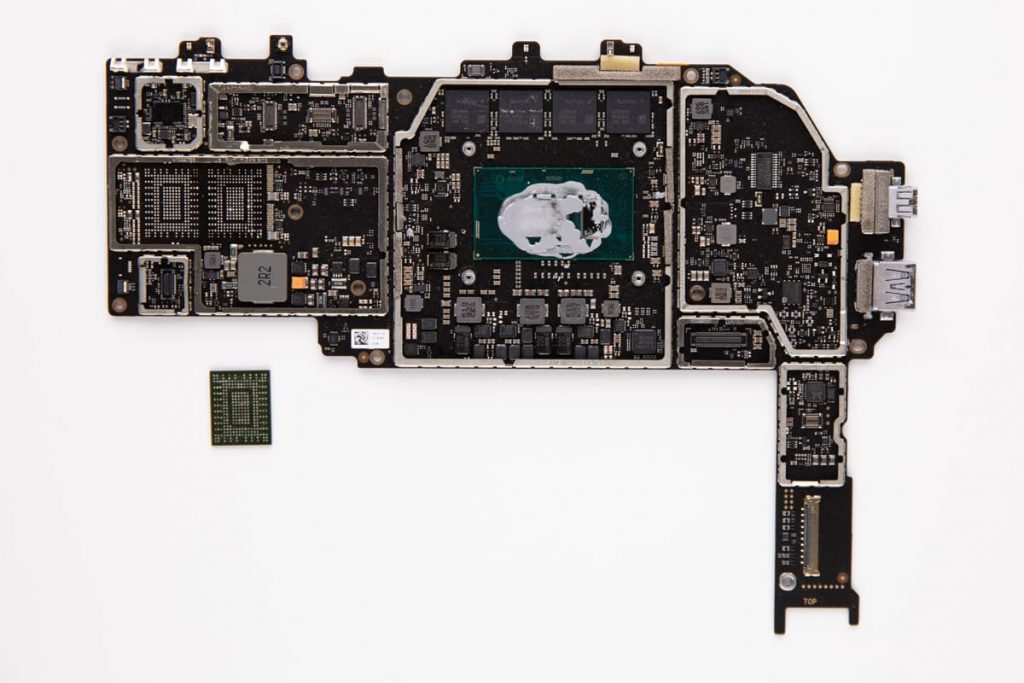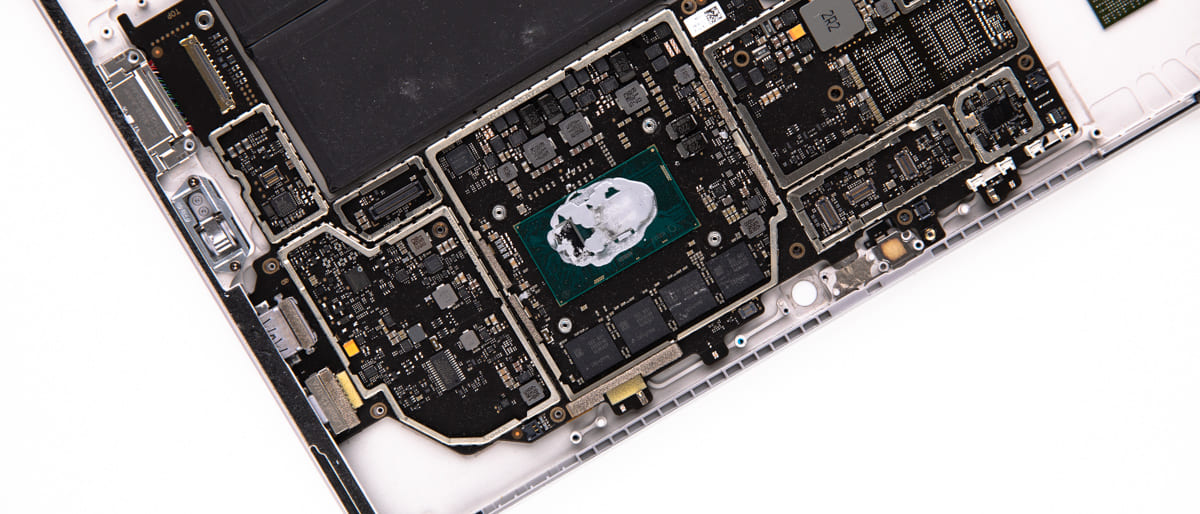The development of technologies and production trends has affected not only computers but also their storage devices. Many laptops still use traditional 2.5-inch hard drives, while most modern models are equipped with SSHD or SSD.
In addition, high-speed solid-state drives installed in the M.2 port, a more compact analog of SATA and PCI-E ports, have become extremely popular in ultra-thin models. Drives for M.2 ports differ in appearance from standard storage devices and, most of all, resemble cartridges or RAM strips.
Another feature of modern laptop computers is the self-encryption of the system drive. This feature automatically works on almost all modern Windows devices.
As with most data loss problems, laptop problems can be caused by file system corruption and laptop hard drive failure. Laptop-specific media storage problems are associated with laptops being dropped, hit, or flooded. In that case, the hard drive may start to work incorrectly or entirely fail.
Any problems with laptop hard drives can be successfully repaired in our laboratory. PITS Global Data Recovery Services is ready to help with any failure scenario on your laptop.
Microsoft Surface Pro 5 Data Failure
Recently, our data recovery team received a Microsoft Surface Pro 5 laptop for emergency recovery. The customer was working on his research paper but accidentally spilled water on the computer. After doing research, the client decided to entrust his device to us. Our technicians received the device and started the diagnostics immediately. The inspection showed that due to moisture in the SSD controller, a short circuit happened and damaged the controller.

Luckily, the very first thing the client did was turning off and unplugging the laptop from the charger. It interrupted the continuous flow of current to his computer and helped limit further damage.
There were two main steps in this case. The first was securely read the dump from NAND chips. The second was to decrypt the self-encryption that this model provided.

SSD NAND Flash Memory Data Recovery
Like SRAM, NAND chips are used in CPU and GPU caches. It is filled with millions of “cells” made from modified floating gate transistors. They use high voltage to write and erase charges in separate transistor sections. When a cell is read, a reduced voltage is applied to the area.
Our data recovery experts transferred the NAND chips and started extracting all the data. The client’s SDD microcontroller had PRD level 1 protection.
It is one of the crucial components in protection, included in all lines of microcontrollers. It protects the system firmware stored in the internal flash memory from being read. Depending on the line, additional mechanisms may be included, such as the Memory Protection Unit.
The debug interface remained active, but flash access was limited. The flash memory was blocked as soon as the debug interface was connected. It could not be read directly, through DMA, or by executing instructions from it. Thus the engineer had to decrypt the self-encrypted files on the SSD.
Microsoft Surface Pro 5 Decryption Solution
Self-Encrypting Drives, also known as SEDs, offer a more comprehensive method of encrypting user data by using hardware-based encryption. The inbuilt AES cryptographic chip in SED drives encrypts the entire disk before writing and decrypts it before reading data directly from the NAND media.

Encryption converts information entered into a digital device into blocks of data that are represented by images. The more complex the encryption process, the more illegible and undecipherable the data will be. Our data recovery expert decrypted the damaged SSD file system using our customized decryption scripts. Then, he transferred all the recovered files to a new hard drive. We shipped the data back to the customer after he approved the restored files.
Despite the results already achieved, we continue to improve the quality and speed of processing our clients’ requests. Thanks to the availability of all the necessary spare parts and the dedicated professionals, we can offer our customers the most reliable solutions within the required timeframe.
Call our customer service line at (888) 611-0737 to request our professional SSD recovery solutions. Or fill in the request help form to start your case right away.
